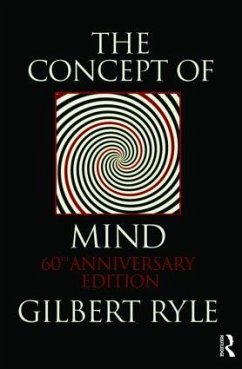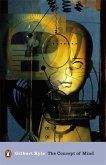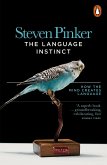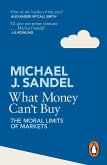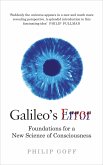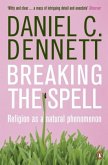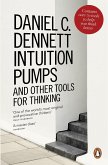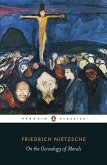First published in 1949, Gilbert Rylea (TM)s The Concept of Mind is one of the classics of twentieth-century philosophy. Described by Ryle as a a ~sustained piece of analytical hatchet-worka (TM) on Cartesian dualism, The Concept of Mind is a radical and controversial attempt to jettison once and for all what Ryle called a ~the ghost in the machinea (TM): Descartesa (TM) argument that mind and body are two separate entities. This sixtieth anniversary edition includes a substantial commentary by Julia Tanney and is essential reading for new readers interested not only in the history of analytic philosophy but in its power to challenge major currents in philosophy of mind and language today.
A sixtieth anniversary edition of Gilbert Ryle's "The Concept of Mind" which is one of the classics of Twentieth-Century philosophy, influential and controversial in equal measure.
Hinweis: Dieser Artikel kann nur an eine deutsche Lieferadresse ausgeliefert werden.
A sixtieth anniversary edition of Gilbert Ryle's "The Concept of Mind" which is one of the classics of Twentieth-Century philosophy, influential and controversial in equal measure.
Hinweis: Dieser Artikel kann nur an eine deutsche Lieferadresse ausgeliefert werden.

